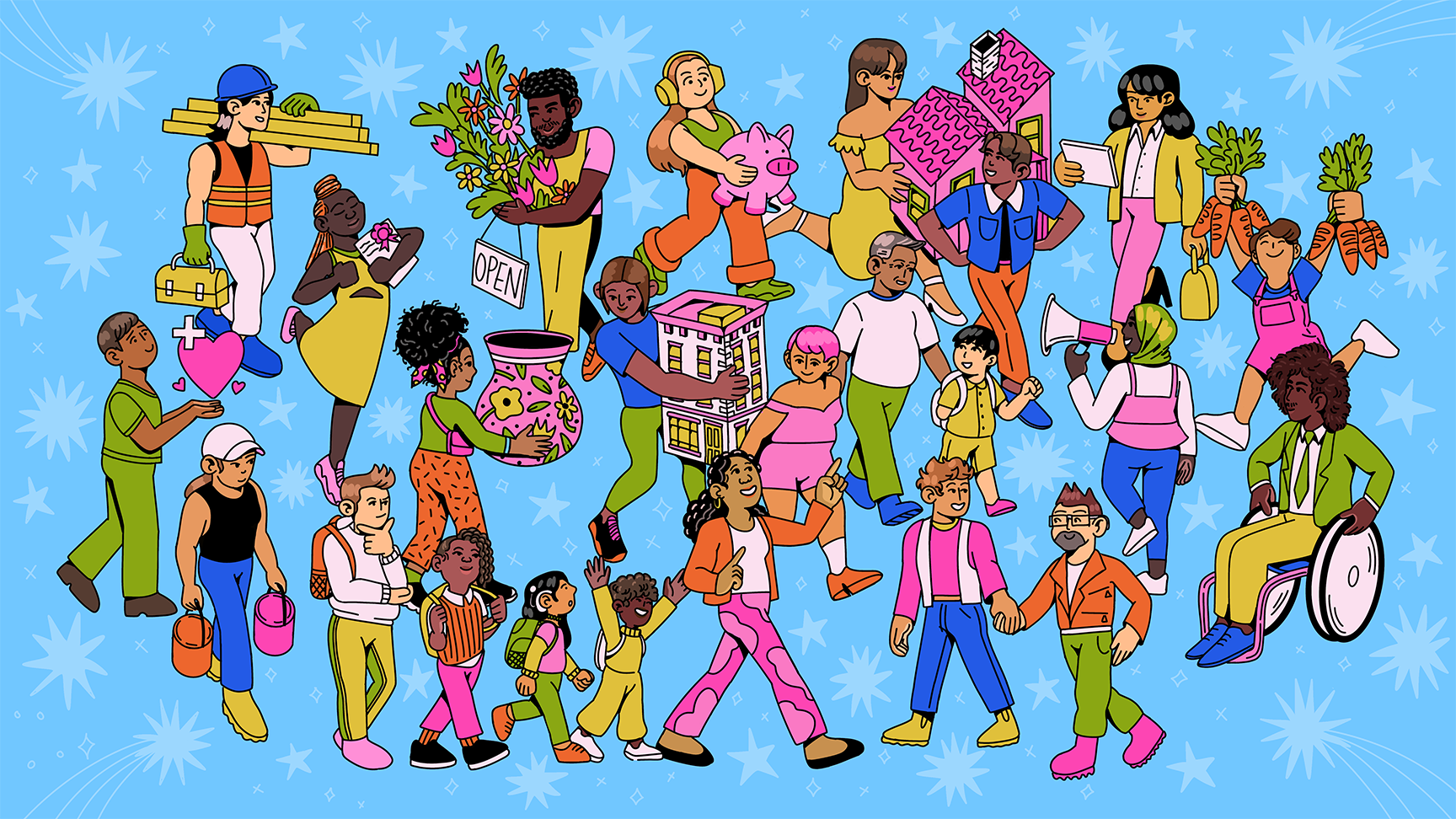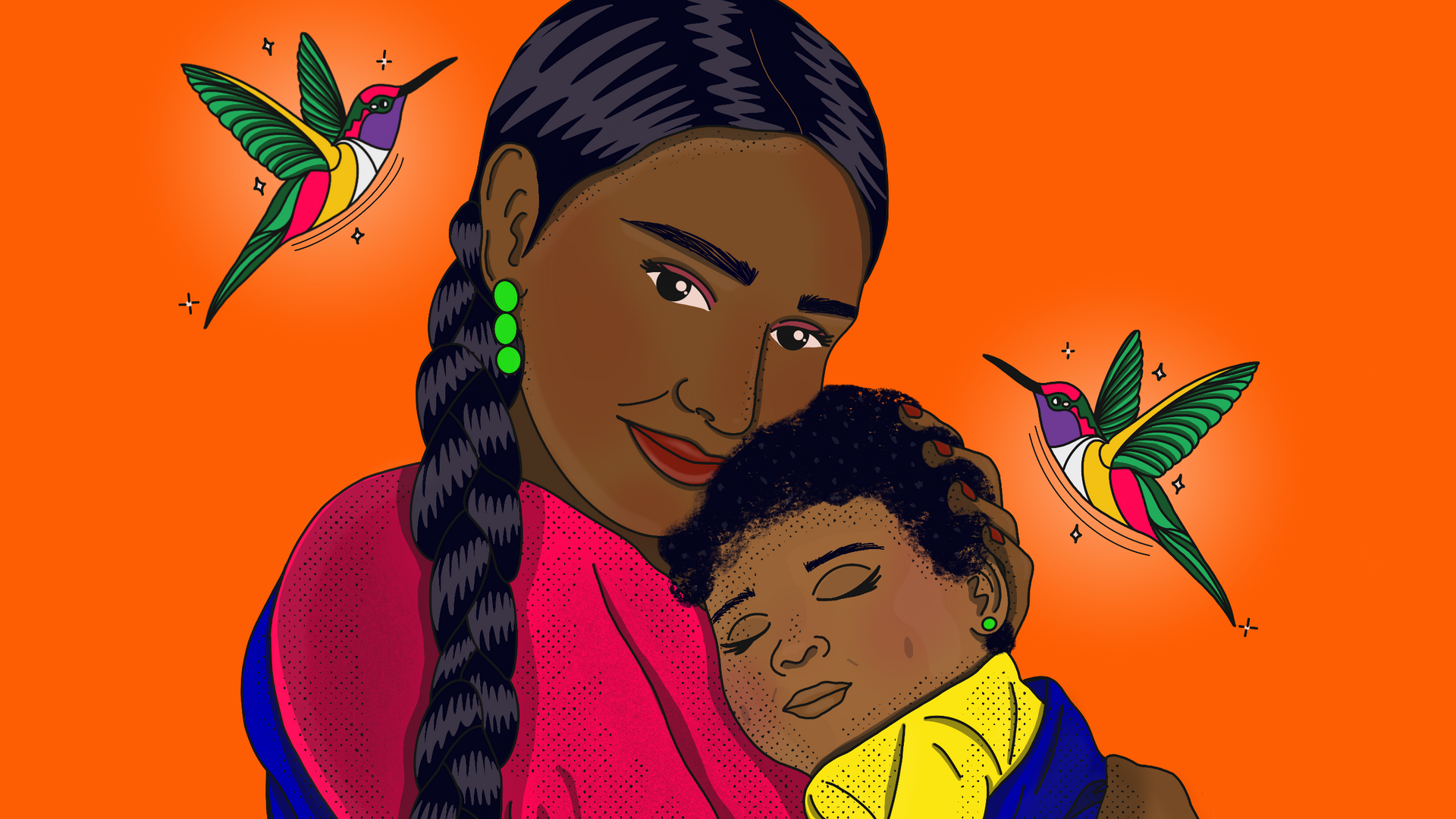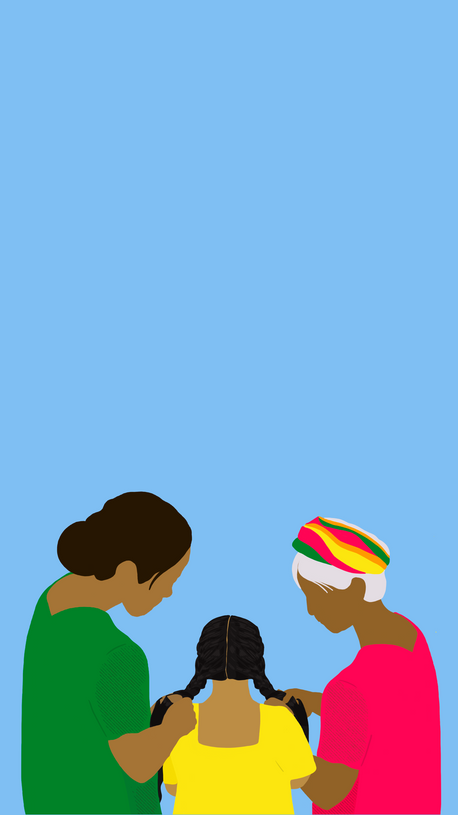Upcoming Convening: Jackson, MS
Regional Action Planning (RAP) Convening
Overview
About the Research Approach
To support the project, it was important to ground that exploration in the practical experiences of community development practitioners. ThirdSpace’s goal was to organize + conduct what we believe to be the largest research project ever conducted on structural racism in the community development sector. ThirdSpace reviewed a total of 85 information sources in a comprehensive
literature review and conducted a total of 87 one-on-one, semi-structured, 60-minute stakeholder interviews using 6 different discussion guides. This enabled engagement of participants in different conversations about the overall state of racial equity in community development, as well as deeper dives in community development financing + funding; community health; community organizing + planning; community wealth-building + small business development; and real estate development + property management. We intentionally controlled for diversity of practitioner experience, including participants’ racial identities, job functions, length of time in the sector, geography served, and location in the United States.
How Do We Define Community Development?
Community development is a field of practice that works to advance community opportunity within relatively narrow geographies (particularly but not exclusively at a neighborhood level). It does so through multi-sector approaches, financial investment, interconnected programs + services, and development of longer-term capacities + structures to create the conditions that enable communities to thrive.
About the Robert Wood Johnson Foundation (RWJF)
RWJF is committed to improving health and health equity in the United States. In partnership with others, we are working to develop a Culture of Health rooted in equity that provides every individual with a fair and just opportunity to thrive, no matter who they are, where they live, or how much money they have. One way the Foundation advances this mission is through targeted investments in community development policy, practice, and systems. By directing resources to communities that historically have experienced a lack of investment, RWJF can support improvements in health equity and increase attention to conditions of place.
About the THIRDSPACE ACTION LAB (TSAL)
ThirdSpace Action Lab was created to disrupt the vicious cycle of disinvestment + displacement that negatively impacts the vitality of communities of color with low incomes. ThirdSpace is a grassroots solutions studio dedicated to prototyping creative, place-based solutions to complex socio-economic problems. The organization works as institutional + community organizers, turning multidisciplinary research into evidence-based strategies and activating “third places” to co-create more liberated spaces for people of color.
About The People’s Practice (TPP)
Developed and led by ThirdSpace Action Lab, The People’s Practice is a multi-year, multi-strategy initiative that raises the visibility of anti-racist community development (ARCD), propagates promising practices, and builds a network among its supporters. Community development plays a critical role in advancing opportunities for community self-determination, particularly (but not exclusively) at a neighborhood level. It does so through multi-sector approaches, financial investment, programs and services, and development of longer-term capacities and structures to create the conditions that enable communities to thrive.
Convening Objectives
scroll
Objective 1
Provide dedicated, intentional space for practitioners to reflect on their experiences, explore their vision for the community, and develop strategies to advance said vision.
Objective 2
Build from existing relationships to plan and prototype around region-specific challenges, opportunities, and priorities
Objective 3
Bring practitioners together to share and unearth existing Anti-Racist Community Development strategies and approaches in the region.
Objective 4
Cultivate cross-sector community development practices.
Objective 5
Address regional constraints to anti-racist practice.

Register Today


What is a target region?
-
A multifaceted city/town inclusive of surrounding communities (rural, tribal nations, etc.) within a larger geographic region (e.g. Deep South, Northeast, etc.).
-
A target region is a prototype community with distinct characteristics that can help us understand what anti-racist community development may look like in various geographic regions throughout the country.
Why does your participation matter?
Community of Practice
Changemakers in those institutions benefit from connection to a coalition of like-minded collaborators and allies across the country; history is replete with examples of employees (particularly employees of color) being isolated and experiencing very real social and economic repercussions for working to advance institutional change.

Joy Fuels Equity
Sustained racial equity work requires creating space for joy, creativity, and vision.
Innovators Lead Change
We believe that innovators and early adopters have both the most sophisticated understanding of anti-racist community development core concepts and the most interest and motivation to do this critical work of subfield promotion.
Connection Inspires Action
We frequently heard from interviewees that they felt isolated from a broader movement around anti-racist sectoral shifts within their own communities and were energized by connecting with like-minded practitioners across the country.


Take Action, Shape the Future, Register Today.

Who’s Invited?
Our Approach: Diffusion of Innovations Theory
-
Innovators are likely to be “eager to try new ideas” and “willing to accept the occasional setback when new ideas prove unsuccessful.” They tend to operate across large, diffuse social circles that are less bound by geography.
-
Early adopters, meanwhile, “tend to be integrated into the local social system more than innovators” and to “have the greatest degree of opinion leadership in most social systems,” leading “change agents” to seek them out to “help speed the diffusion process.”
Our Target Audience
-
Values-oriented practitioners addressing issues of structural racism in and through community development;
-
Practitioners passionate about diffusing core anti-racist practices within their respective networks;
-
Practitioners who seek out nuanced content that acknowledges the complexities of identity and geographic context;
-
Practitioners that are often(but not always) working with scarce time and resources
-
Practitioners working in communities not typically well-served by community development, including rural, suburban, and tribal communities.


























